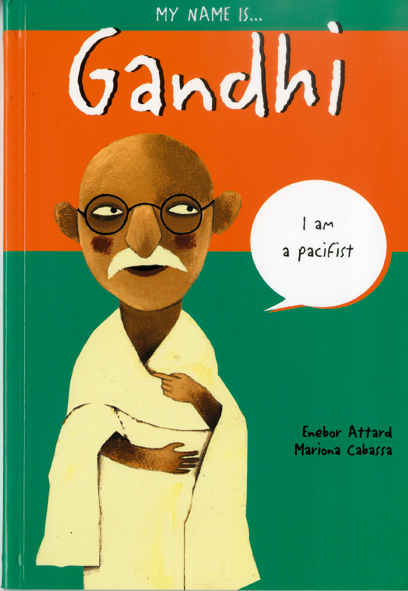When Gandhi died thousands lined the streets of New Delhi to honour him but do you know why he was so admired? It is true that he achieved many incredible things during his lifetime: he led India to independence; he sought equality for people of all races; he campaigned for peace between warring religions and he devoted his life to the service of the poor. Yet the most astounding thing about Gandhi was that he achieved all of this without once resorting to violence. Instead, he protested peacefully and set an example to others by living a simple, spiritual life. Discover how he became one of the world's most respected leaders and inspired people like Martin Luther King and Nelson Mandela in their struggles for justice and equality.
- Use as a point of departure for exploring Hinduism and its cultural and religious practices
- Use as a stimulus to discuss topics ranging from colonialism and the civil rights movement to pacifism and nonviolence
- Explore questions relevant to Citizenship including prejudice and discrimination, non-violence, social responsibility and human rights
- Introduce readers to autobiography as a genre and analyse the advantages and disadvantages of this style of writing
'Famous Biographies' delve deep into the past to explore the fascinating lives of people whose discoveries have shaped today's world. The first person accounts help to foster an early interest in the history by immersing the reader in a personal narrative. Vibrant illustrations, clear explanations and easy-to-read text make potentially complex subject matter accessible and engaging. A timeline sets the autobiographical narrative in context and invites cross-curricular discussion of social, political and cultural topics.



